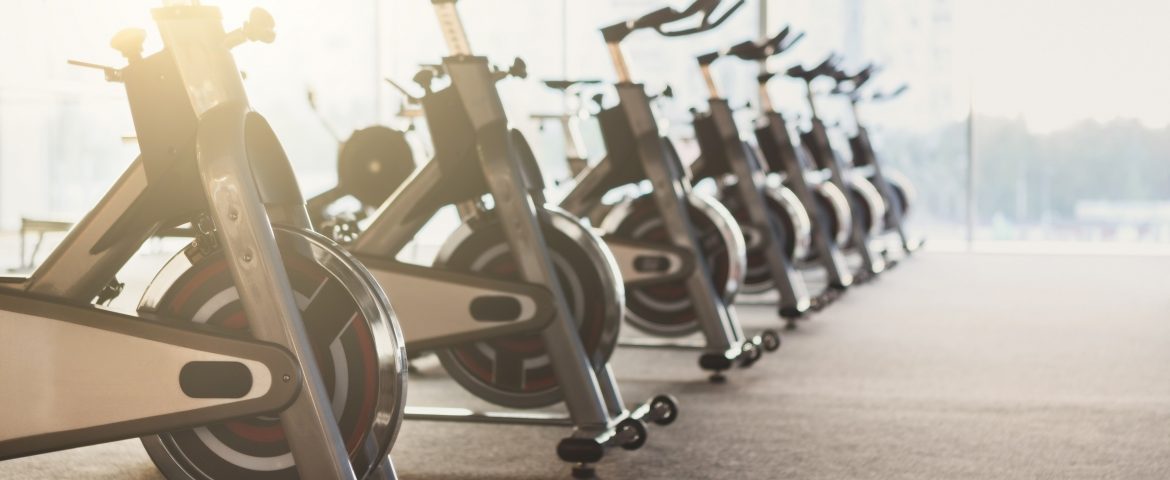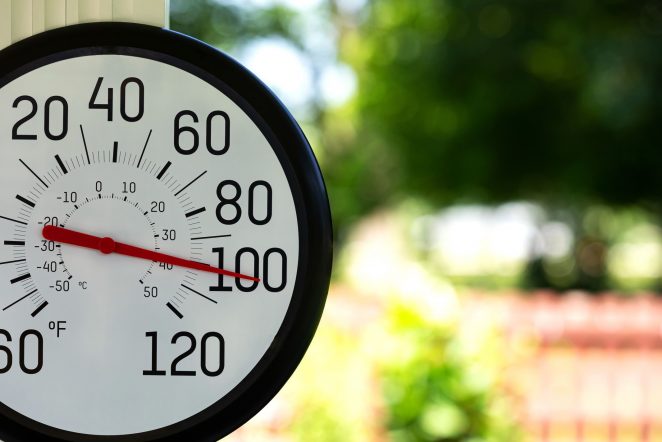By Angie Chandler, NBC-HWC, NASM-CPT, FLT-vLE
Happy New Year everyone—here we go again. It’s New Year’s resolution time and so often we have sincere intentions each new year to make the changes we really want, but it can also be an opportunity to set ourselves up for disappointment. Why do we do it? How can we do better this year? Nothing sounds better than a fresh start at the beginning of a brand new year, especially after 2020.
Here is the answer: yes, this is YOUR year to make and keep the healthy changes you’ve always been meaning to make. Can you get excited about that? First—before anything else—take a moment to close your eyes and imagine yourself at your very best. What are you doing in that vision? Where are you and who are you with? Great change begins with what I call a “Personal Wellness Vision” that you’ve created for yourself based on your truth and what you know for sure would make you feel alive and happy.
In my experience, all behavior change ultimately begins with mindset. Studies show that when we’re forced to change something about our behavior, it usually doesn’t last. An example is if a spouse or parent tells someone they need to change the way they eat or else there will be serious consequences. This “do or die” approach might be an eye-opener in the moment, but may not last long-term if the person doesn’t share the same goal. As humans, we change best when it’s our own idea. Owning desire to change for ourselves and not for someone else makes all the difference.
If you want to exercise more this year, consistently, you first need to ask yourself if YOU are ready for lasting change this year. Everyone has their own personal answer to this question and a professional health coach will listen without judgement, hear what you have to say, and meet you where you are in your process of change.
Here are the steps I recommend my clients take when they talk about making major changes:
- Step one: Ask yourself, “What is most important to me when it comes to my health, wellbeing, and fitness?”
- Step two: Ask yourself, “Why is this important to me right now?”
- Step three: Ask yourself, “What would it take to make this happen?” What is your bottom-line when it comes to making change possible? Finding motivation comes up a lot in my practice. Searching for motivation is a deep process and one should take time to consider all the possibilities and why. Some ways to explore motivation: Ask yourself by showing yourself. Look at inspirational quotes—is that what it takes to get back into the groove? Practice going to an exercise class—is it mutual company that you need to spark interest again? Sometimes just knowing you’re not the only one working hard to get and stay fit is helpful.
- Step four: Ask yourself, “What has worked for me in the past where I’ve felt healthy, happy and alive?” When was that? What was happening at that time in my life that made it possible? Suggestion: Draw out a timeline for yourself of life before, during and after when you felt happy and healthy. In my experience, something happened in life that caused you to veer off-track. Identifying that event and feelings can be an eye-opening experience to help you understand how you got where you are today.
Now, let’s talk about readiness to change. Maybe every single New Year’s Day you’ve been made aware that it’s time to make up some new rules for your behavior. So you might say, “on January 1, I’m going to start exercising!” It’s a promise many of us make to ourselves—but for some reason when it’s time to get going, the action never comes or it starts but the resolution fizzles out.
Did you know there are five stages of change to get to action and results you want? The stages according to The Transtheoretical Model of Behavior Change are:
- Precontemplation
- Contemplation
- Preparation
- Action
- Maintenance
This is the case for any change—from quitting smoking to changing your nutrition habits. Let’s take a closer look at these to help you identify where you’re at in the model currently when it comes to your fitness goals for the new year.
- Are you pre-contemplative? This is the “I can’t” or “I won’t” stage. There are so many reasons why some of us stay with the status quo. Change is scary. We say things that sound like an excuse to others, but are very real to us. For example: “I won’t be able to keep up in a class” or “I have no idea where to begin.” Fear is the main reason many don’t welcome action steps. Humans are used to staying the same and being stuck in our ways. It’s nice just to stay the same. Or is it? Barriers come in all shapes and sizes. Write down what yours are so you can begin conquering them.
- Are you contemplative? This is when you get to the “I could” or “I may” stage. You’ve been thinking about it. You want to live healthier. But how do you get forward motion with this? Watching others do a fitness activity you’ve always wanted to do helps to build courage and confidence. But in this stage, your goals are still staying inside your head. Entertain the idea further by watching some shows or reading more about exercise you’re interested in. In this stage, you might want to learn how it feels before, during and after exercise so you can know what to expect. The more knowledge about what your body will be going through, the more confidence you’ll build.
- Are you in preparation mode? This is the stage of the model when you’re asking: “What might it take for me to actually get started?” You might be wondering who might like to join you or decide that you’re definitely a solo exerciser who likes to keep it private. Hiring a personal trainer can be a good start for those who need some guidance or learning time. It makes the time you spend more intentional and purposeful when there’s a dedicated leader in charge of how you move.
What does preparation look like for you? Here’s one suggestion: buy just one new thing to prep you for a more active lifestyle. Shoe shopping is a great start. Our feet support us all day, so it’s only logical we prepare ourselves feet first. While on the topic of support, make a list of all the people, places, and things you’d like to organize to get extra support while you’re making healthy changes. Other questions to ask yourself in preparation mode include:
-
- What kind of clothing would be practical or sensible for this activity—do I have it on hand?
- Should I get guidance from a certified personal trainer or go on my own?
Think about your comfort level. Then know that getting a bit uncomfortable is a natural part of personal growth. Goals or resolutions are really no more than that—a way to present to yourself what you’d like to experience. Remind yourself of all the good that will come when you are ready to begin to take action steps.
- Are you ready for action? This is the stage of change when you become a doer—big or small, every action counts. You’re in the “one step at a time” do it phase and it feels productive. Do a micro-step toward, say nutrition, to compliment your fitness routine feel more manageable? An example of a micro-step may look like, “I will add an apple each day this week to my lunch in order to eat more plant-based fiber.” Remember to practice patience and perseverance when things seem to come to a screeching halt in your progress. Be kind to yourself and talk this out with someone, if needed. This could also be a sign that your goals for each week are a bit too lofty. Remind yourself that there’s science behind every move you make. Your body cannot and will not hold onto extra weight it does not need. Remember: the action phase can ONLY happen when you are ready and not one moment before.
- Are you in maintenance mode? This stage happens when you’re arrived and are feeling great about your accomplishment and new routine. Your personal wellness vision is your reality. I call this your “wisdom phase” because you’re able to look back at the physical, emotional, mental and spiritual changes that have taken place in a positive light. Plus, you get to keep and sustain your new knowledge—and maybe even pay it forward to another person who is still stuck in pre-contemplative mode. Your story can inspire others and give them hope.
Now that you know the steps and stages of change: here is a summary for you to think about right now. Look at the big picture and write down what you really want to have happen this year. Break it down into 1, 2 and 3-month goals. Look at smaller chunks of time such as a week or two weeks and make a plan. Make it very specific. Having a person to talk it out with is imperative for most people to make permanent change happen. We are not an island and I always say “accountability is love.” Letting (at least) one trusted person know about your goals and having a way to express feelings of fear and other barriers can help you grown into the person you really want to be. Remember to explore the action steps that spark joy and connect that step with something you know you need to do in order to change a little at a time.
I wish you all the best this new year as you make your goals for the coming weeks and months. Make 2021 the year of self-care that you deserve. My question to you: “What, if anything, would you be willing to do starting this week in honor of your goals?”
About the Author: Angela Chandler, NBC-HWC, NASM-CPT, FLT-vLE is a health coach in Priority Health’s Wellness Department and has been a ThinkHealth byline author for 5 years. She holds the 2017 National Board-certification for Health and Wellness Coaches and has worked as a wellcoaches®-certified Health and Wellness professional coach for 8 years. Angie has been a National Academy of Sports Medicine-certified personal trainer for 25 years, and a Firstline Therapy®-lifestyle educator for 8 years. Her professional experiences continue to fuel her passion for writing health and wellness content. Prior to Priority Health, she worked at EHAC, The MAC, and CHCC in Grand Rapids. Angie partners with people in a positive, respectful, non-judgmental and playful way that brings out their best and generates inspiration.


